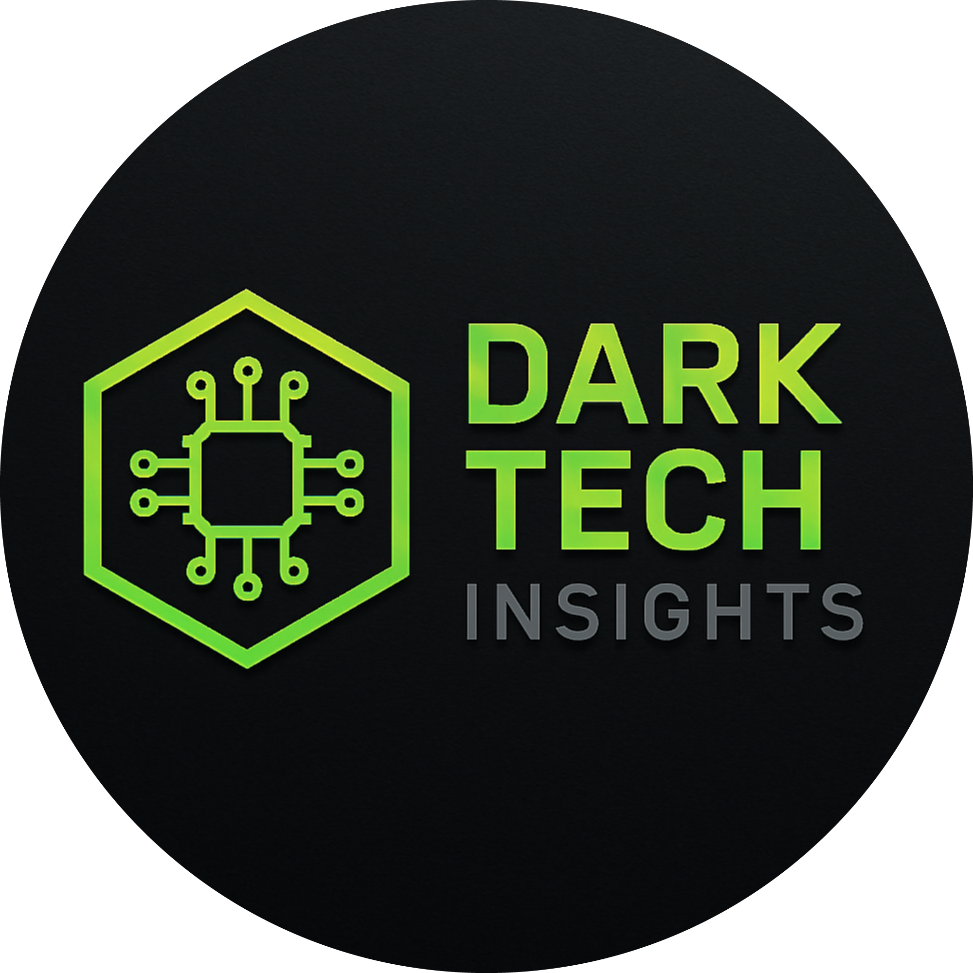Why Free AI Coding Tools Are Riskier Than You Think

Table of Contents
Introduction: The Trojan Horse of Tech
In 2025, free AI coding assistants have become every developer’s default tool. They autocomplete functions, generate code snippets, even fix bugs. But behind their efficiency lies a darker truth — one most developers are too distracted (or exhausted) to question.
These tools promise freedom. What they often deliver is dependence.
This isn’t a rant from a tech luddite. It’s a warning. Let’s lift the lid.
1. “Free” Means You’re the Product
That slick AI plugin integrated into your IDE? It’s not free. You pay with something far more valuable: your data.
Every line of code you write — every autocomplete, suggestion, or bug fix — is training someone else’s model. These tools harvest usage patterns, architectures, even internal company logic. Developers unknowingly become contributors to massive corporate AI datasets.
Even “open source” tools with permissive licenses have backend telemetry baked in. Privacy policies are vague. Consent is implied.
2. Dependence Is the New Developer Disease
A junior developer starts with ChatGPT-like tools and never learns how to debug deeply. A senior developer saves time by offloading “boring parts” of code… and slowly forgets them.
AI coding tools subtly rewire the brain. Like a calculator in math class, you begin skipping the fundamentals.
Soon you’re copy-pasting solutions you barely understand. The rise of StackOverflow fatigue has now evolved into AI suggestion paralysis.
If the model is wrong, your only skill becomes… refreshing the prompt.
3. Productivity ≠ Progress
Companies love AI tools because they look like productivity goldmines. Velocity increases. Deadlines shrink. Commit logs explode.
But real output? Often bloated, unreadable code — stitched together from AI hallucinations and outdated practices.
Your tech debt isn’t shrinking. It’s mutating.
4. Licensing Nightmares Lurk Beneath
Most developers don’t read the terms of service. But buried in them are traps.
Many AI-generated outputs aren’t legally yours. Some tools embed code snippets from GPL-licensed projects, opening the door to lawsuits. Others claim rights over the code they helped “co-author.”
In corporate environments, this is a ticking legal timebomb.
5. Privacy Violations at Code Level
You write internal business logic. AI tools analyze and suggest.
But what if that logic gets learned and resurfaced in someone else’s prompt?
This isn’t paranoia — it’s already happening. Several devs have reported suspiciously similar AI code completions to their proprietary logic.
The boundary between private IP and public model training is fading fast.
6. You’re Becoming an AI Babysitter
In theory, these tools free you up for “more creative” work. In reality, you spend more time validating, testing, and rewriting AI-generated junk.
Coding has shifted from thinking → building → shipping
To prompting → waiting → fixing → doubting.
We are not assisted. We are supervising.
7. The Indie Resistance
Not everyone is drinking the AI Kool-Aid.
Indie developers are ditching AI tools altogether. Frameworks like Svelte, Bun, and SolidJS are seeing a resurgence — precisely because they force devs to stay close to the metal.
They argue that understanding code is better than generating it.
Dark Tech Insights agrees.
8. Open-Source AI Isn’t Innocent Either
Even the much-hyped “open” LLMs have skeletons.
- Many are trained on copyrighted code with zero attribution.
- Their weight files are opaque — how do we really know what’s inside?
- “Community-driven” often means “corporate-funded experiment.”
You’re not just using the model. You’re part of the experiment.
Conclusion: Are You Coding, Or Just Prompting?
The AI coding revolution isn’t neutral. It’s shaping how we think, what we learn, and who controls code.
Free tools can be great — but in 2025, developers must ask harder questions:
- Am I improving… or offloading my brain?
- Is this tool saving time… or stealing skills?
- Is the convenience… worth the control I lose?
If we don’t challenge these assumptions, we’re not just coding with AI.
We’re coding for it.
🔍 FAQs
Q1: Are free AI coding tools actually unsafe to use?
Not directly — but their hidden costs include skill erosion, IP risk, and data privacy breaches.
Q2: What should developers do instead?
Use AI consciously. Rely on it less for fundamental logic, more for documentation or boilerplate.
Q3: Are open-source AI coding tools any safer?
They might reduce some risks, but still carry licensing and data learning concerns. Vet everything.
Q4: Should junior developers avoid AI tools completely?
Not entirely, but they should focus on mastering basics before integrating AI suggestions.
Q5: What’s the alternative to relying on these tools?
Learn deeply, write intentionally, and question convenience. Try minimalist tools like Vim, Svelte, or write in raw TypeScript without plugins.
👤 Author Box
Abdul Rehman Khan
Founder of Dark Tech Insights, Abdul exposes the uncomfortable truths lurking beneath shiny tech trends. A coder by blood and blogger by mission, he’s here to ensure devs don’t sleepwalk into digital traps.
